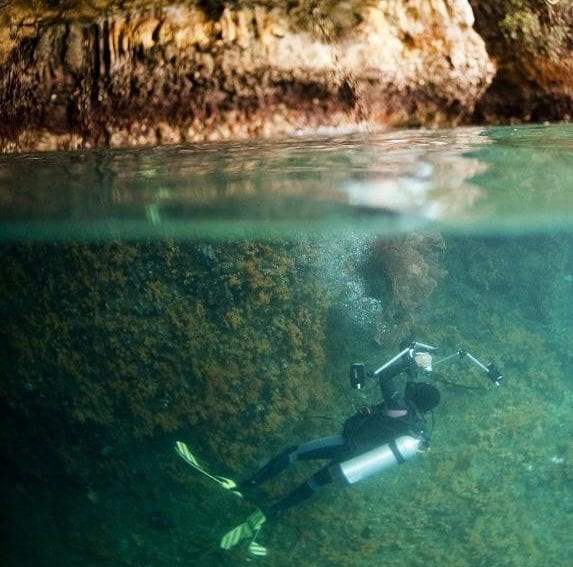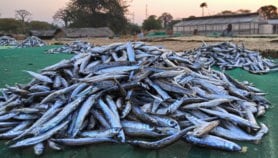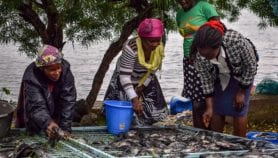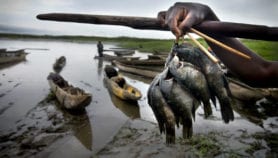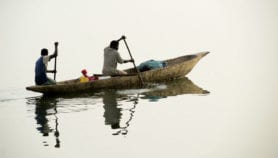By: Dorcas Odhiambo
Send to a friend
The details you provide on this page will not be used to send unsolicited email, and will not be sold to a 3rd party. See privacy policy.
[NAIROBI] Managing fisheries without paying attention to trade-offs such as taboos is likely to negatively impact some fishers and their livelihoods, a study says.
Researchers say that technical and economic approaches of evaluation fail to acknowledge multiple factors that influence decisions around ecosystem services and resource management.
To analyse various trade-offs that managers could make to sustain a fishery in Mombasa, Kenya, where most people benefiting from fisheries are poor, researchers from Canada, Kenya, Sweden and the United Kingdom used participatory workshops and computer modelling.
“Trade-offs may be difficult to perceive if they are the result of complex social-ecological interactions.”
Tim Daw, Stockholm Resilience Centre
They also used future scenarios to explore and understand diverse expectations for the fishery and how these could result in trade-offs.
“A reduction of fishing effort was predicted to increase the proportion of catches of larger and higher-value fish, benefitting non-beach seine fishers and male traders, who focus on these species for their livelihoods,” the researchers note in the study published in the Proceedings of the National Academy of Sciences on 2 June. “In contrast, however, female traders, who typically rely on trading small, low-value fish, would be disadvantaged by a shift toward catches of fewer, larger, and more profitable fish.”
Tim Daw, the study’s lead author and coastal resource systems researcher with the Sweden-based of Stockholm Resilience Centre, says: “Taboo” trade-offs, means trade-offs between values that people consider sacred such as human life, rights of children against those, including money and profits, considered secular.”
Daw says trade-offs could be a win-win for conservation and profitability if fishing was reduced and illegal gears were removed. However, this would lead to a trade-off in terms of less total fish catch.
He tells SciDev.Net that when researchers traced how different people benefitted from the fishery, they saw that individual groups were ‘winners’ or ‘losers’ from different levels of fishing. For instance, women fishmongers would suffer from lack of cheap small fish if fishing effort was reduced.
This, Daw explains, would contrast with a ‘trickle-down’ theory of distribution: “In theory those profits can be used to help elevate the well-being of the broader community. However, in practice those benefits may be captured by elites and the process of ‘rationalisation’ of the fishery may result in poor people actually losing their livelihood.”
According to Daw, the study emphasises some key trade-offs often overlooked such as profitability versus food, and provides an example of how interdisciplinary research, participatory scenarios and modelling can help facilitate more informed and deliberative decision-making.
Ecosystems ecology expert Alex Awiti, who is the director of East African Institute of the Aga Khan University, says the findings of the study provides a basis for a more nuanced evaluation of interventions to enhance ecosystem conservation; ensuring that interventions and impact evaluation are gender differentiated.
“I think above all researchers must take this seriously, always ensuring that impact is evaluated in gender differentiated way to ensure that possible policy recommendations are gender sensitive,” he tells SciDev.Net.
This article has been produced by SciDev.Net's Sub-Saharan Africa desk.
References
Tim M. Daw and others Evaluating taboo trade-offs in ecosystems services and human well-being (PNAS, 2 June 2015)


